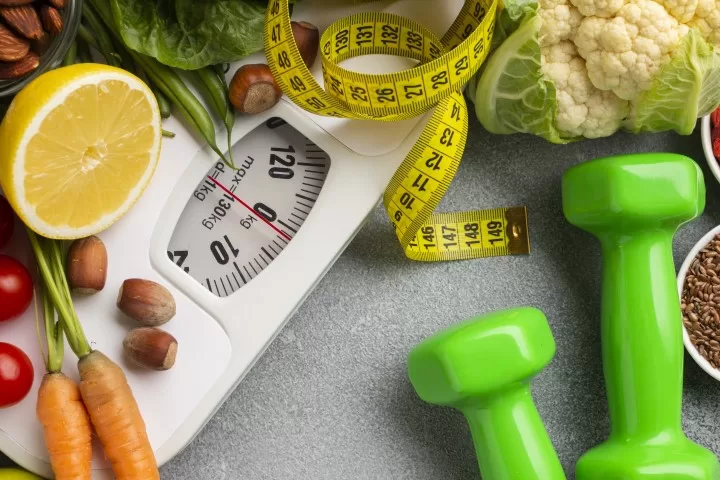7 Hormone-Balancing Foods to Add to Your Diet

7 Hormone-Balancing Foods to Add to Your Diet
Hormones play a vital role in our overall health and well-being. They regulate everything from our mood and energy levels to our metabolism and reproductive function. When our hormones are out of balance, it can lead to a variety of health problems, including weight gain, acne, fatigue, mood swings, and infertility.
The good news is that there are a number of foods that can help to balance our hormones and support overall health. Here are seven hormone-balancing foods to add to your diet:
- Cruciferous vegetables
Cruciferous vegetables, such as broccoli, cauliflower, Brussels sprouts, and cabbage, are packed with nutrients that can help to balance hormones. They are particularly good for women with estrogen dominance, as they can help to promote the metabolism of excess estrogen.
- Fatty fish
Fatty fish, such as salmon, tuna, and mackerel, are excellent sources of omega-3 fatty acids. Omega-3 fatty acids have anti-inflammatory properties and can help to reduce cortisol levels, the stress hormone.
- Nuts and seeds
Nuts and seeds are a good source of protein, healthy fats, and fiber. They also contain nutrients that can help to balance hormones, such as vitamin E, magnesium, and zinc.
- Whole grains
Whole grains are a good source of complex carbohydrates, fiber, and B vitamins. Complex carbohydrates help to regulate blood sugar levels, which is important for hormone balance.
- Legumes
Legumes, such as beans, lentils, and peas, are a good source of protein, fiber, and complex carbohydrates. They also contain nutrients that can help to balance hormones, such as B vitamins and magnesium.
- Yogurt
Yogurt is a good source of protein, calcium, and probiotics. Probiotics are live bacteria that are beneficial for gut health. Gut health is important for overall health, including hormone balance.
- Avocados
Avocados are a good source of healthy fats, fiber, and potassium. Healthy fats can help to balance hormones, and fiber can help to regulate blood sugar levels.
In addition to eating a diet rich in hormone-balancing foods, there are a number of other things you can do to support hormone health, such as getting regular exercise, getting enough sleep, and managing stress.
Tips for adding hormone-balancing foods to your diet
- Start your day with a bowl of oatmeal with berries and nuts.
- Add a side salad of cruciferous vegetables to your lunch.
- Snack on a handful of nuts or seeds throughout the day.
- Choose fatty fish for dinner, such as salmon or tuna.
- Include yogurt with your breakfast or lunch.
- Add avocado to your sandwiches, salads, or smoothies.
By making small changes to your diet, you can support your hormone health and improve your overall well-being.
Source






